Hello friends, and welcome to this special Weekend Edition of Dirtbags Through the Ages!
This is not traditionally a weekend newsletter, but I’ve had one of those weeks where I looked up from my to-do list and somehow it was already 3:30pm on Friday, so I’m crashing your Saturday afternoon with a historical dirtbag who gaslit and girlbossed her way to actual, literal sainthood:
Saint Olga of Kyiv, The Patron Saint of Murder Birds
We’re zooming back to the approximately 900s, which puts us after the establishment of Kievan Rus’ but before the Mongol invasion. Basically what you need to know geopolitically is that what we now know as Ukraine, Belarus, and the western bit of Russia were one functional kingdom ruled by the Grand Prince of Kyiv.
Young Olga was married to the Grand Prince of Kyiv at the time, Prince Igor I. History doesn’t explicitly state how Olga felt about Igor, but she definitely felt something, whether it was affection, patriotism, or just inspiration for murder.
Must’ve Hurt Like a Birch
Prince Igor had been expanding the borders of Kievan Rus’ throughout his reign, sometimes with the assistance of the Drevlians, a neighboring tribe. But when the Drevlians stopped paying tribute to Kievan Rus’, Igor got steamed. He headed off to have words with the Drevlians and collect what he believed to be his rightful payment.
The Drevlians…disagreed.
To show how much they disagreed, they bent down two springy birch trees, tied one of Igor’s legs to each of them, and then let the trees snap back, fully tearing Prince Igor in half.
Which, yikes.
That left Olga at home as a widow, with a three-year-old son. So she did what you would do at that time, which is rule Kievan Rus’ as a regent on behalf of your son, until he came of age, all while maintaining a healthy bitterness toward trees.
Having split Prince Igor down the middle like a pizza when someone in the house is a vegetarian, the Drevlians decided now was their chance to get a better foothold in Kievan Rus’. So they sent some emissaries to Kyiv to persuade Princess Regent Olga to marry a Drevlian prince, so that the Drevlians could essentially rule the entire kingdom.
The Drevlians. Who had just used Olga’s husband as a grisly lesson in fractions.
Olga was not into this proposal.
But unlike Elizabeth Bennett, Olga wasn’t satisfied with delivering a scathing speech and then storming out of a gazebo into the atmospheric rain.
No, Olga was a lady with plans.
Phase 1: Operation “Trojan Boat”
When the Drevlian emissaries arrived, Olga pretended to consider their proposal. She then sent a group of men to hoist their boat out of the water and carry it—with all of the Drevlians inside—onto the shore, telling the Drevlians this was a big show of respect in Kievan Rus’.
The Drevlians believed it at first.
I feel like they probably started to get suspicious when Olga had the men throw the boat into a giant pit and then bury them alive.

Olga allegedly leaned over the edge of the pit while the burying-alive was taking place and said “Do you find this honor to your taste, gentlemen?”, thereby writing a more badass line of dialogue than I’ve ever done in my life.
Phase 2: Operation Toaster Strudel
Now, to understand the sequence of events that follows, I want to emphasize that this was the YEAR NINE HUNDRED. There was no internet. There was no cable news. Half your friends could get buried alive in a boat pit and it would take you six to eight business weeks to find out what happened.
So when Olga sent word to the Drevlians asking them to send another diplomatic party to escort her to her new husband, they had no reason to think this was a bad idea. When they showed up and Olga invited them to refresh themselves in the bathhouse (a traditional sauna-like situation), they happily took her up on the offer.
Then Olga locked the doors and set the bathhouse on fire, toasting the Drevlians to death.
Phase 3: Operation "Turn Down For What”
“But Allison,” I can hear you saying. “Twice is one thing, but surely the Drevlians didn’t try and win over Olga a third time, only for Olga to brutally murder them! Murder me once, shame on you; murder me twice, shame on you also; but murder me thrice, shame on me, surely!”
Ah, but that’s where you’d be wrong.
This time, Olga went to the Drevlians herself. She said that she was perfectly happy to marry their prince, but first she wanted to throw the biggest of all funeral parties for her late husband, Prince “Killed By Trees” Igor. The Drevlians agreed, and Olga threw the biggest rager the tenth century had ever seen.
I suspect you all can guess where this is going.
Yep, Olga got all the Drevlians drunk and massacred them when they fell asleep.
Like five thousand of them.
Phase 4: Operation Murder Birds
Another woman would have stopped after Phase 3. I don’t know if there’s an official scale for this kind of thing, but surely once the body count tops 5,000, you can consider your husband thoroughly avenged.
Not in Olga’s case. She had one last trick up her sleeve, and it is the most unhinged of them all, so buckle up.
Olga then got the entire army of Kievan Rus’ together and laid siege to Iskorosten, the city where her husband had been murdered. The Drevlians in the city were getting their asses thoroughly handed to them, but they were afraid to surrender—unsurprisingly, really, given everything we’ve talked about so far.

But Olga sent a message saying that her revenge had been sated, and all she demanded as tribute from each Drevlian household was:
Three pigeons and three sparrows.
The Drevlians, presumably, were so relieved the answer hadn’t been something like “the body of your firstborn child” that they didn’t even pause to wonder why Olga wanted an army of pigeons, so they did what she asked.
(My sources do not explain why every house in Iskorosten had so many sparrows. I’m imagining a sort of sparrow postal service, which really goes a long way toward explaining why no one ever had any news at all in this story.)
Later that night, Olga had her army dip cloths in sulfur, tie the cloths to the birds, light the cloths on fire, and then release the birds. The birds all returned to their nests in Iskorosten, and pretty soon the entire god damn city had been burned to the ground.
Wait, And You Called Her “Saint Olga”?
I did.
Olga converted to Christianity sometime in the 950s on a visit to Constantinople, and she spent the last 10 years of her life trying to Christianize Kievan Rus’. Her grandson, Vladimir, eventually made Christianity the dominant religion there in 988. In 1547, she was named a saint and given the honorific “Equal To The Apostles.”
I don’t know, the math doesn’t really add up for me either. I must have skimmed the bit where the Apostle Bartholomew murdered 5,000 people with a flock of pigeons.
Olga died of unspecified old-timey illness in 969, at the age of somewhere between 44 and 79. I’ve come across a lot of “circa” birthdays in my research for this newsletter, but I’m putting Olga of Kiev down as the hand-waviest to date.
Brief Serious Corner
I’m telling Olga’s story because of its sheer dirtbaggy incredibleness, but I don’t want to make light of the current war in Ukraine, which is not an ancient story or an action-adventure tale but a real tragedy, causing real suffering to real, ordinary people who wanted nothing to do with any of this. Here are three places you can donate if you want to help innocent people harmed by the fighting:
Brief Promo Corner
Chicagoland readers, I’m going to be giving a talk about the weird and wild life of Christopher Marlowe on Monday afternoon (3/7) at the Oak Park Nineteenth Century Society! It’s open to the public, so if you’d like to come watch me try to put words together in front of real human people for the first time in two years, I’d love to see you. The talk will also be livestreamed and available online afterward. You can find all the details here.
Other than that, I turned in my revisions on Let the Dead Bury the Dead earlier this week, which means we're moving one step closer to that being a book you can actually read with your eyes. Until then, you can add it on Goodreads. Eventually I will have preorder links, which I look forward to sharing, but first let’s cross our fingers my editor likes the new draft.
Until next time, be well, and never give anyone your house pigeon unless you’re very, very certain what they want it for.
-Allison




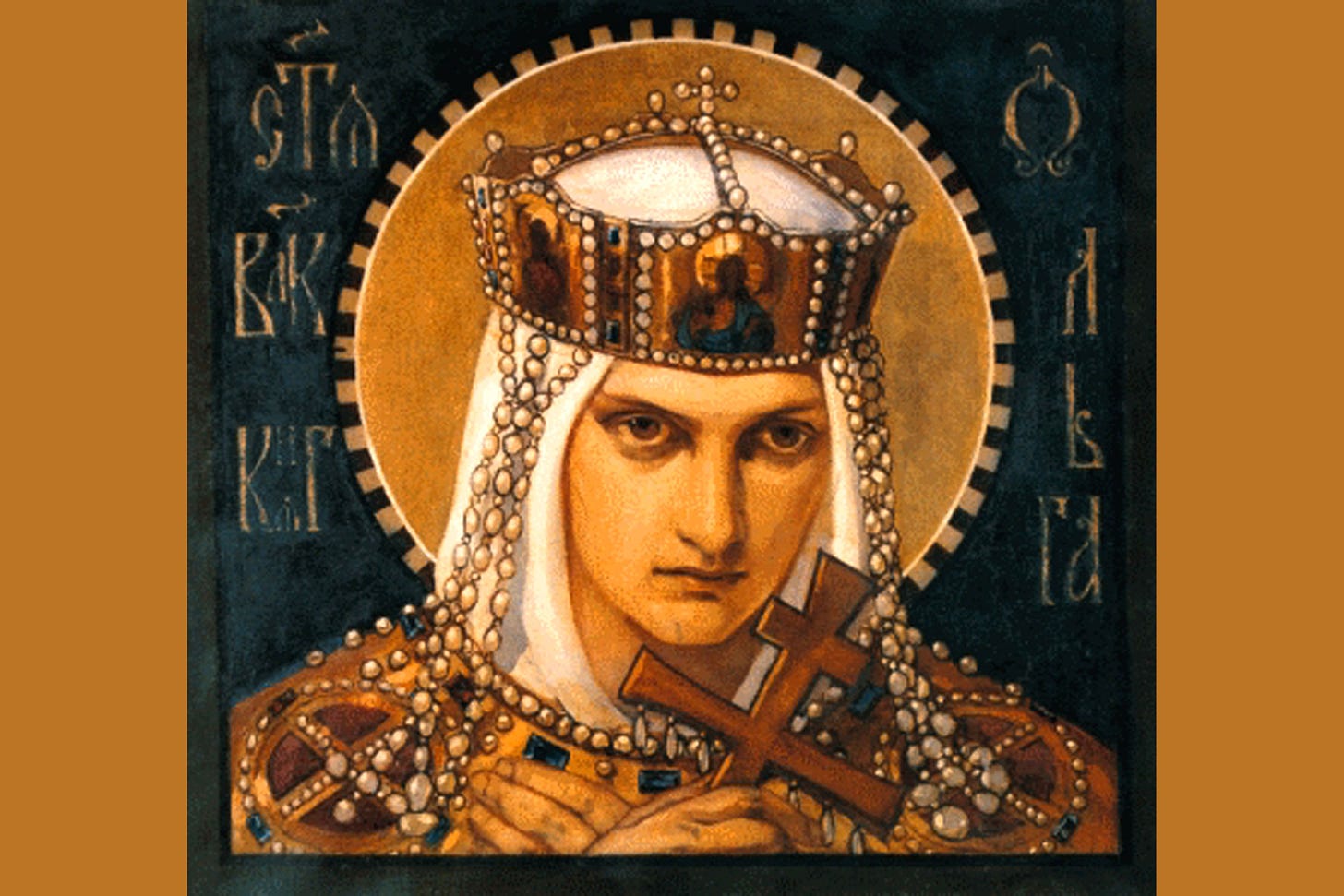
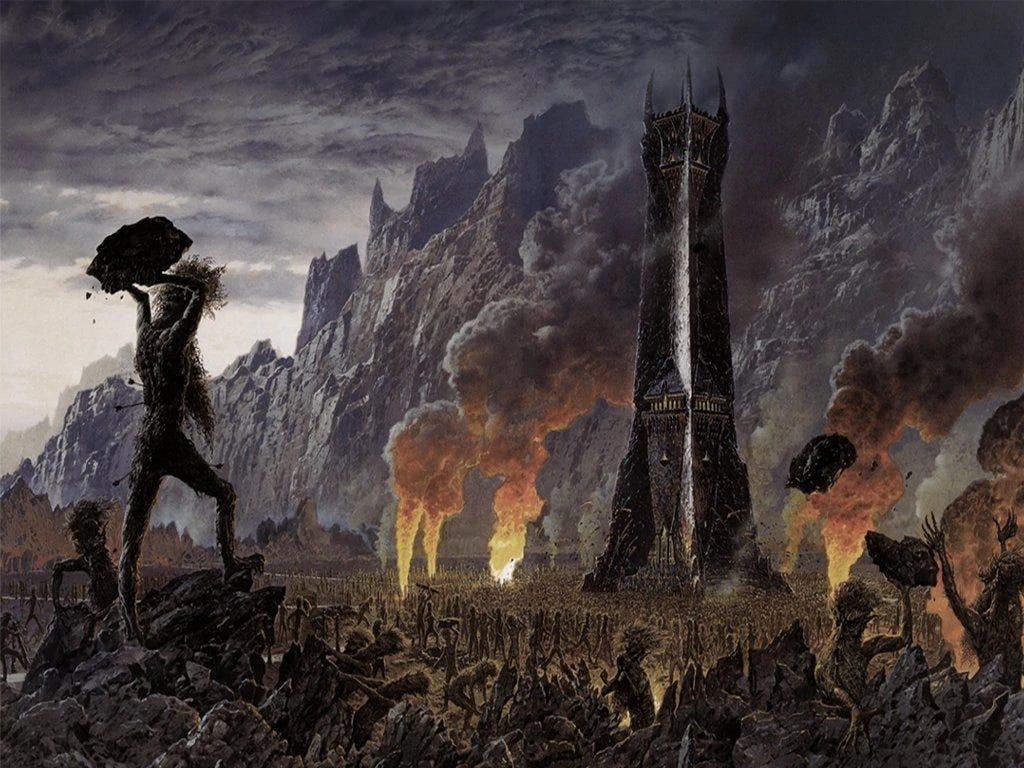

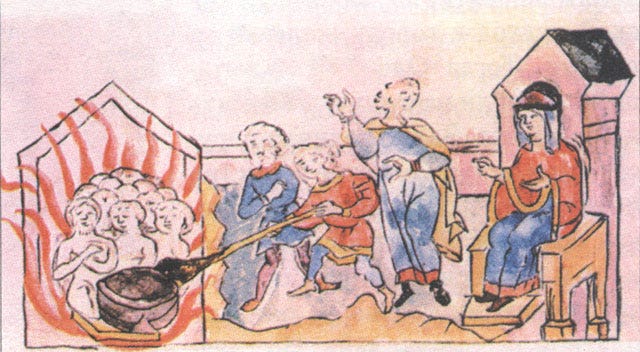
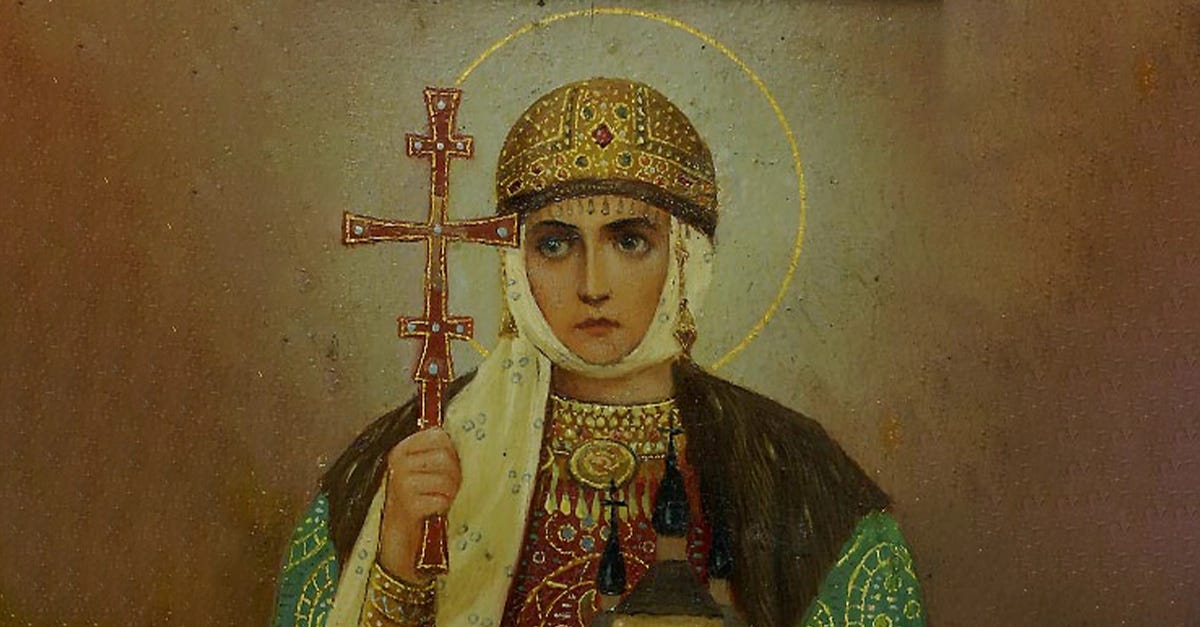
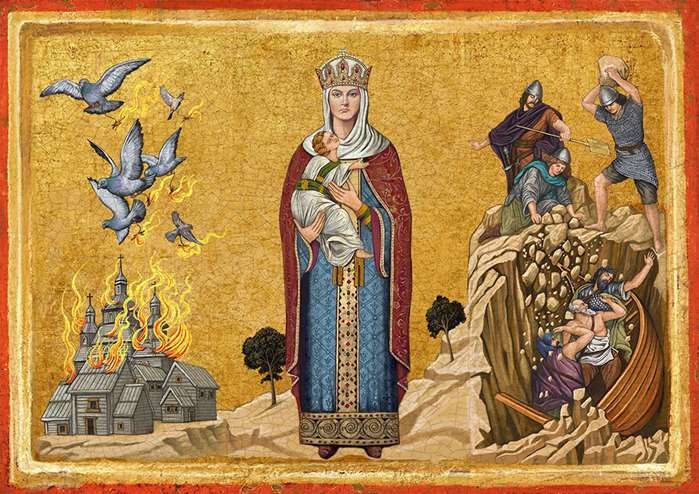
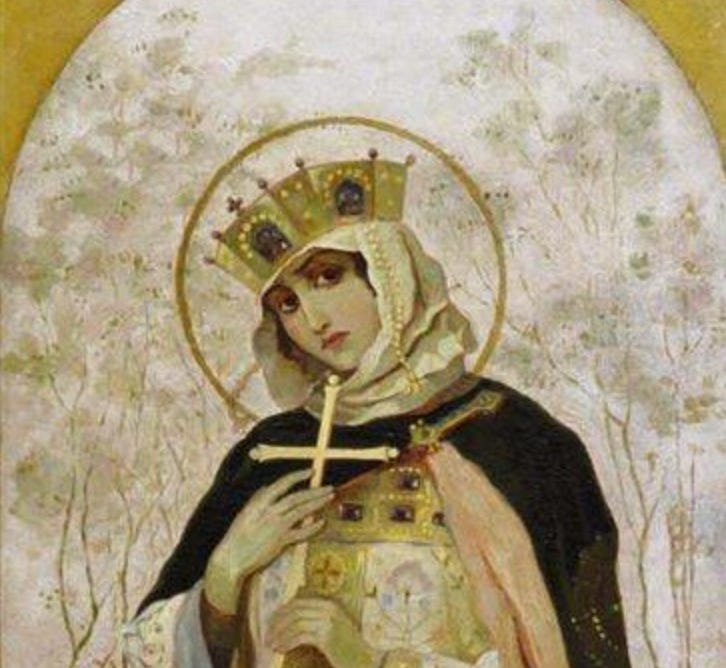
I loved A Tip for the Hangman! I can’t wait for your new book. 🥰
I admit that, like you, I'm a little confused about what was required to meet the criteria of sainthood back in the day. I'd have thought that murdering thousands of people was a pretty big strike on the "not saintly" side of the equation.